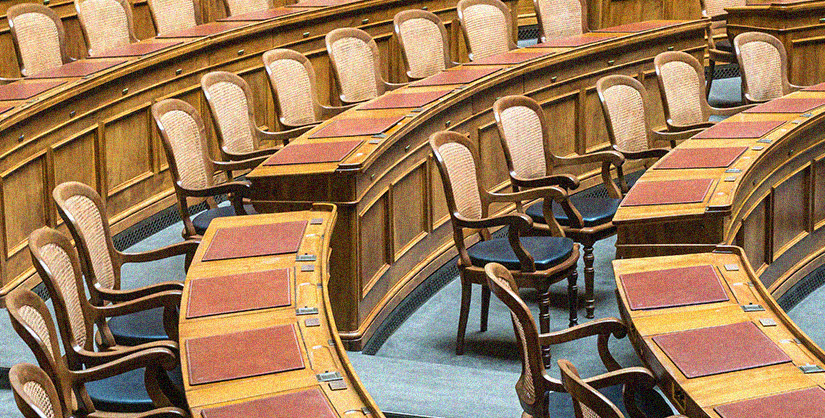At Readable, we follow the Plain Language Movement and any organised effort to implement readability. Whether it’s in the public or the private sector, readability has the power to create change. That’s why we were excited to hear that New Zealand passed its own plain language bill.
What is a Plain Language Act?
A Plain Language Act is a fiscal bill which regulates comms within government, as well as public-facing government language.
An example of a Plain Language Act is the 2010 Plain Language Act in the USA, passed by Barack Obama. Its purpose was to aid public understanding of government documents.
The Act pertains to any document that:
- is necessary for obtaining any federal government benefit or service or filing taxes
- provides information about any federal government benefit or service
- explains to the public how to comply with a requirement that the federal government administers or enforces
We can expect the New Zealand Plain Language Act to have similar guidelines.
New Zealand Plain Language Bill
According to the NZ Parliament website, the bill was first introduced in September 2021 and given the Royal Assent in October 2022.
The law was ultimately approved with the support of the Labour, Green, and Māori parties.
An official report on the bill defines plain language as:
- language that the intended reader can easily understand after 1 reading
- language that is clear, concise, and well-organised, and follows recognised guidelines of plain language writing.
Plain language bills also require governments to appoint specific plain language officers. They also need to set up a system for reporting compliance.
Reception
Feedback on the bill has been varied. It has inspired strong opinions from the opposition but is overwhelmingly positive.
Neil Milliken, an activist for accessibility and digital inclusion, praised the Bill, declaring it an "important step forward."
"People living in New Zealand have a right to understand what the government is asking them to do, and what their rights are, and what they're entitled to from government," said MP Rachel Boyack, who introduced the bill.


